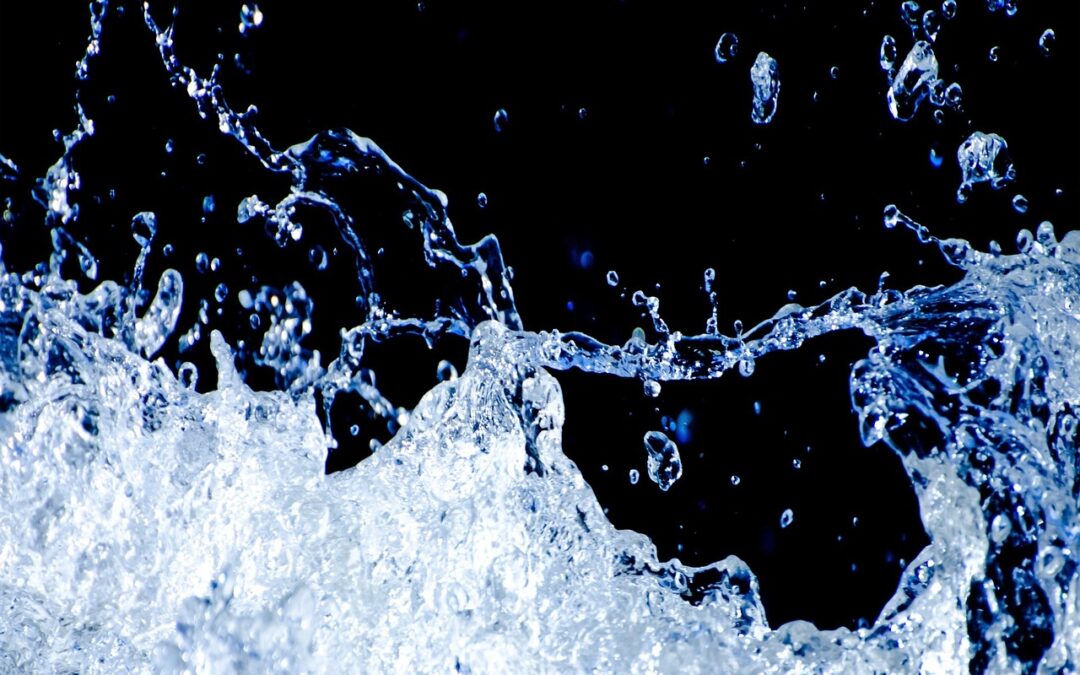Hydroponics, the art and science of growing plants without soil, is gaining popularity worldwide. If you’re delving into the world of hydroponics, one of the key questions you might have is about the water quality needed for optimum plant growth. One type of water often suggested is distilled water. But is it the right choice for your hydroponic system? Let’s dive in.
What is Distilled Water?
Before we delve into its suitability for hydroponics, it’s crucial to understand what distilled water is. Distilled water is the result of boiling water and then condensing the steam back into a liquid. This process removes almost all contaminants, minerals, and impurities, leaving you with nearly pure water.
Advantages of Using Distilled Water in Hydroponics
- Purity: Since distilled water has most of its impurities removed, you have better control over the nutrients you add to your hydroponic system. This ensures that your plants get only what you want them to have, allowing for precision in nutrient management.
- Reduced Risk of Diseases and Pests: Impurities in water can introduce diseases or pests into your hydroponic system. Using distilled water minimizes this risk.
- Consistent pH Levels: Tap water can sometimes have fluctuating pH levels due to the minerals and chemicals present. With distilled water, it’s easier to maintain consistent pH levels, crucial for plant health in a hydroponic system.
Drawbacks of Using Distilled Water in Hydroponics
- Lack of Beneficial Minerals: While distilled water is pure, it lacks essential minerals that plants need. This means you’ll need to add these minerals back in the form of hydroponic nutrients, which can be an extra step and expense.
- Cost and Availability: Continuously buying distilled water can be more expensive than using tap water or other sources. Plus, it may not always be readily available in large quantities.
- Environmental Concerns: The distillation process can be energy-intensive. If you’re using large amounts of distilled water, it might not be the most environmentally friendly option.
Alternatives to Distilled Water
If distilled water doesn’t seem like the right fit, there are alternatives:
- Reverse Osmosis (RO) Water: Like distilled water, RO water is purified, but the process is different. RO systems force water through a semi-permeable membrane, removing most contaminants.
- Rainwater: If collected and stored properly, rainwater can be an excellent source for hydroponics. It’s naturally soft and relatively pure.
- Tap Water: While it’s the most accessible, you should check its pH and hardness levels. Depending on your location, you might need to treat tap water before using it in a hydroponic system.
Conclusion
Should you use distilled water for hydroponics? The answer largely depends on your needs and goals. If you want pure water and have the resources to continually purchase or produce distilled water, it can be a good option. However, always remember to add back the necessary nutrients that plants need to thrive. If distilled water seems impractical, there are other suitable options to explore. Like any aspect of hydroponics, the key is understanding your system’s needs and monitoring your plants’ health regularly.
Click here to learn How Often Do You Clean the Hydroponic Reservoir?

